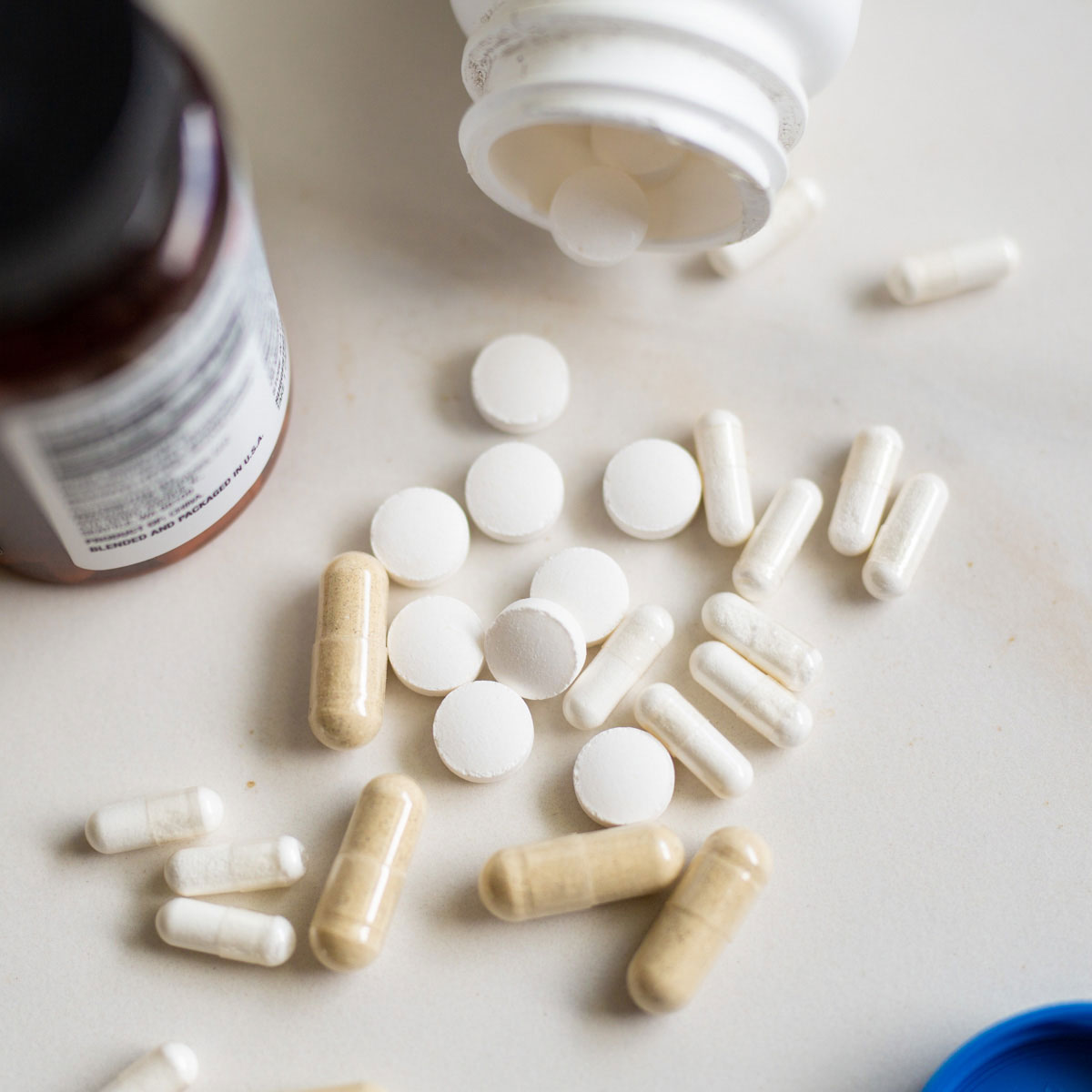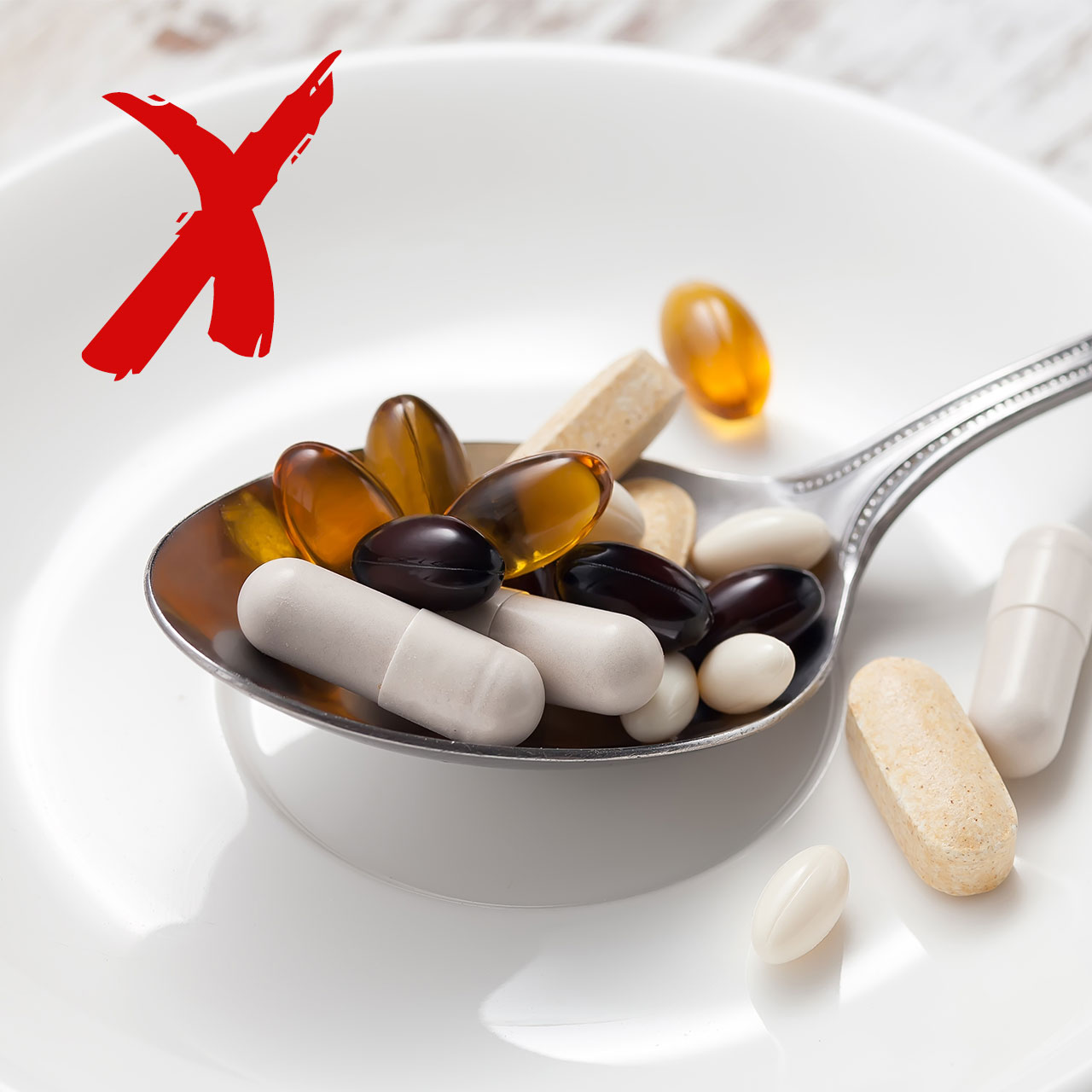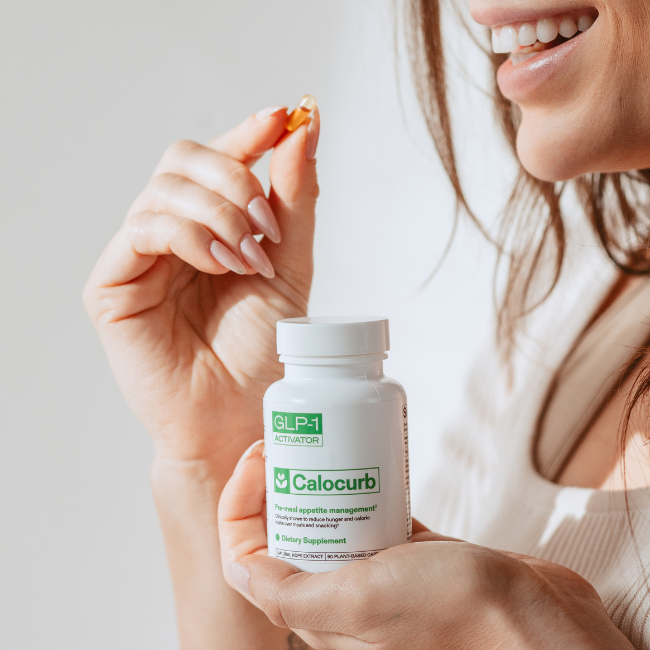From taking melatonin to fall asleep faster to taking B-vitamins for healthier hair, skin, and nails, there are so many great supplements out there that can help you meet a range of health goals. However, supplements don’t come without their fair share of health risks. In fact, many can be dangerous if you’re not careful. While certain supplements can take a toll on your heart health, blood pressure, and more, there are also a few that you should be aware may be damaging to your liver.
To discover some of the supplements that could pose a risk to your liver, we spoke to nutritionist Mary Sabat. She warned that aloe vera, black cohosh, and cascara are three popular herbal supplements that have been associated with potential risks, including liver damage. “While these supplements are generally considered safe when used appropriately, it’s important to be aware of their potential adverse effects and take precautions when consuming them,” she said. We’ll dive into the potential risks and offer some advice for how to mitigate those risks below.

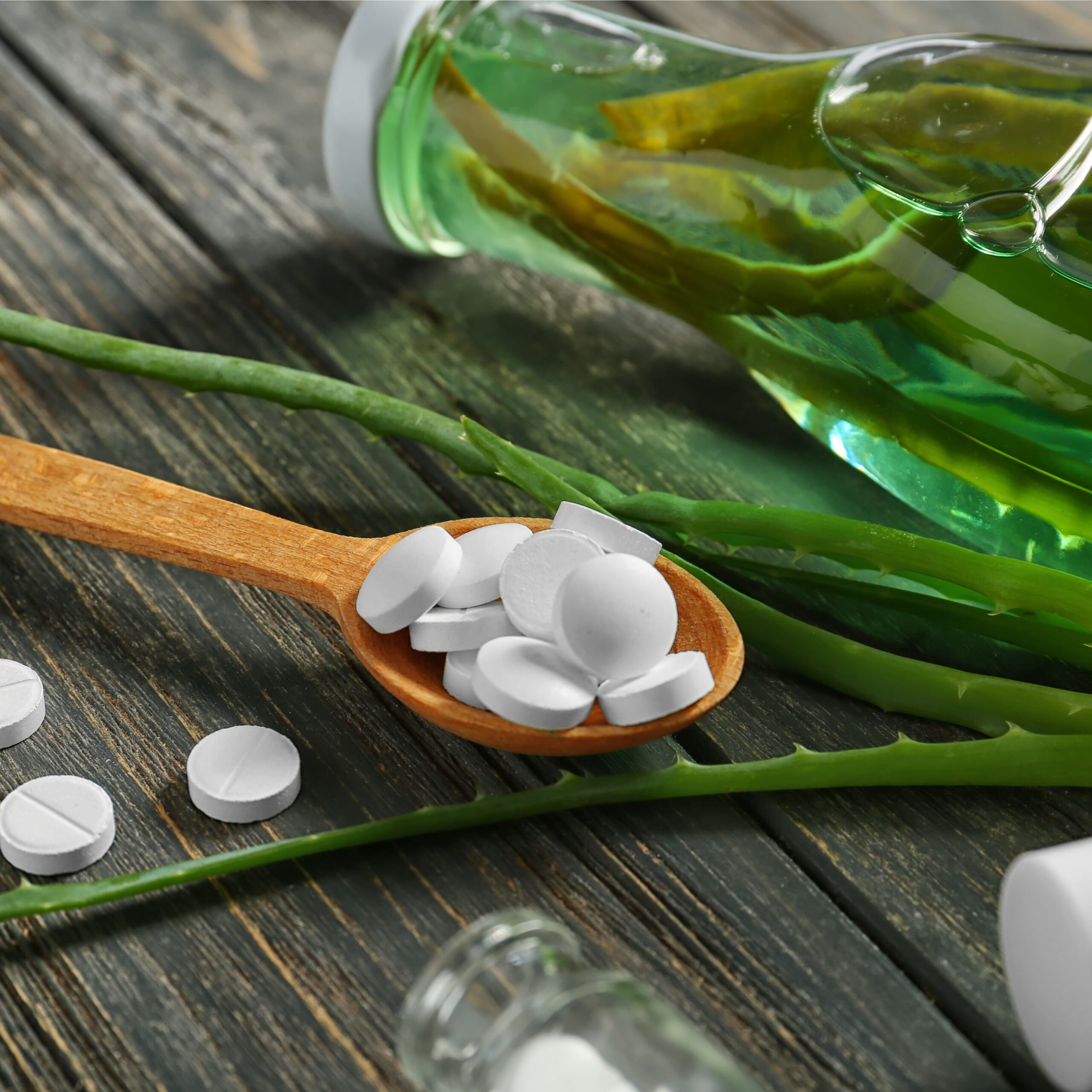
1. Aloe Vera
There are a ton of health benefits to aloe vera, from healthier skin to digestion and immune support. However, Sabat points out that certain components of aloe, like anthraquinones, have laxative properties, which could damage your liver over time. "Prolonged use or high doses of aloe vera supplements containing anthraquinones have been linked to liver inflammation and even liver damage," she warns.
In order to consume aloe vera supplements safely, she recommends choosing a reputable brand that provides standardized aloe vera products. Additionally, you should following the recommended dosage instructions, just as you should with any other supplement.
"Use aloe vera supplements for short-term periods, typically no longer than a few weeks," she continues. "If you have a pre-existing liver condition or are taking medications that may interact with aloe vera, consult with your healthcare provider before using it." Noted!
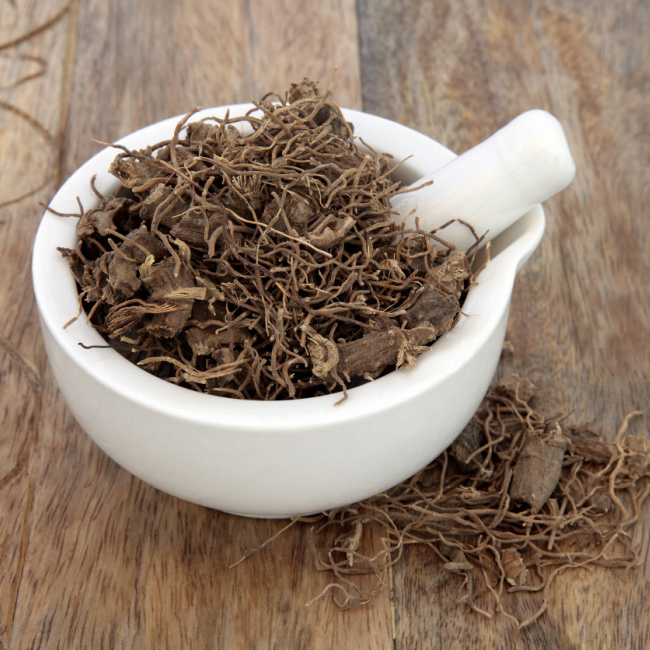
2. Black Cohosh
Black Cohosh is another supplement that could potentially pose a risk to your liver. This supplement is typically used to alleviate menopause symptoms like hot flashes and mood swings. "While the exact mechanisms of its potential liver toxicity are not fully understood, there have been rare cases of liver damage associated with black cohosh supplementation," Sabat tells us.
Just as with aloe vera, there are a few measures you can take in order to safely consume this supplement, including choosing a reputable brand and following recommended dosages. "Use black cohosh for short-term relief of menopausal symptoms, generally up to six months," Sabat adds. "If you experience symptoms like jaundice, dark urine, or abdominal pain while taking black cohosh, discontinue use and consult a healthcare professional immediately."

3. Cascara
Cascara, generally used as a natural laxative, may also take a toll on the health of your liver. As Sabat explains, "Long-term or excessive use of cascara supplements can lead to a condition called cascara sagrada-induced hepatotoxicity, which refers to liver damage caused by cascara." Yikes!
In order to reduce your risk of this issue, she says that you should "use cascara supplements only for occasional and short-term constipation relief, typically no more than one week." As always, you should stick to the dosage provided by the manufacturer.
"If you experience symptoms like abdominal pain, yellowing of the skin or eyes, or dark urine, discontinue use and seek medical attention," Sabat says.

The bottom line
While supplements can be a great way to keep your body healthy, it's crucial to keep in mind that many of them also come with hidden risks. For this reason, you should always be cautious when consuming new supplements.
"It's important to note that everyone's body reacts differently to supplements, and individual susceptibility to liver damage may vary," Sabat reminds us. "If you have any underlying liver conditions, are taking medications that may interact with these supplements, or have concerns about their potential risks, it is advisable to consult with a healthcare professional before using them," she concludes.
READ MORE: 3 Ineffective Supplements That Experts Say May Do Nothing For Gut Health





